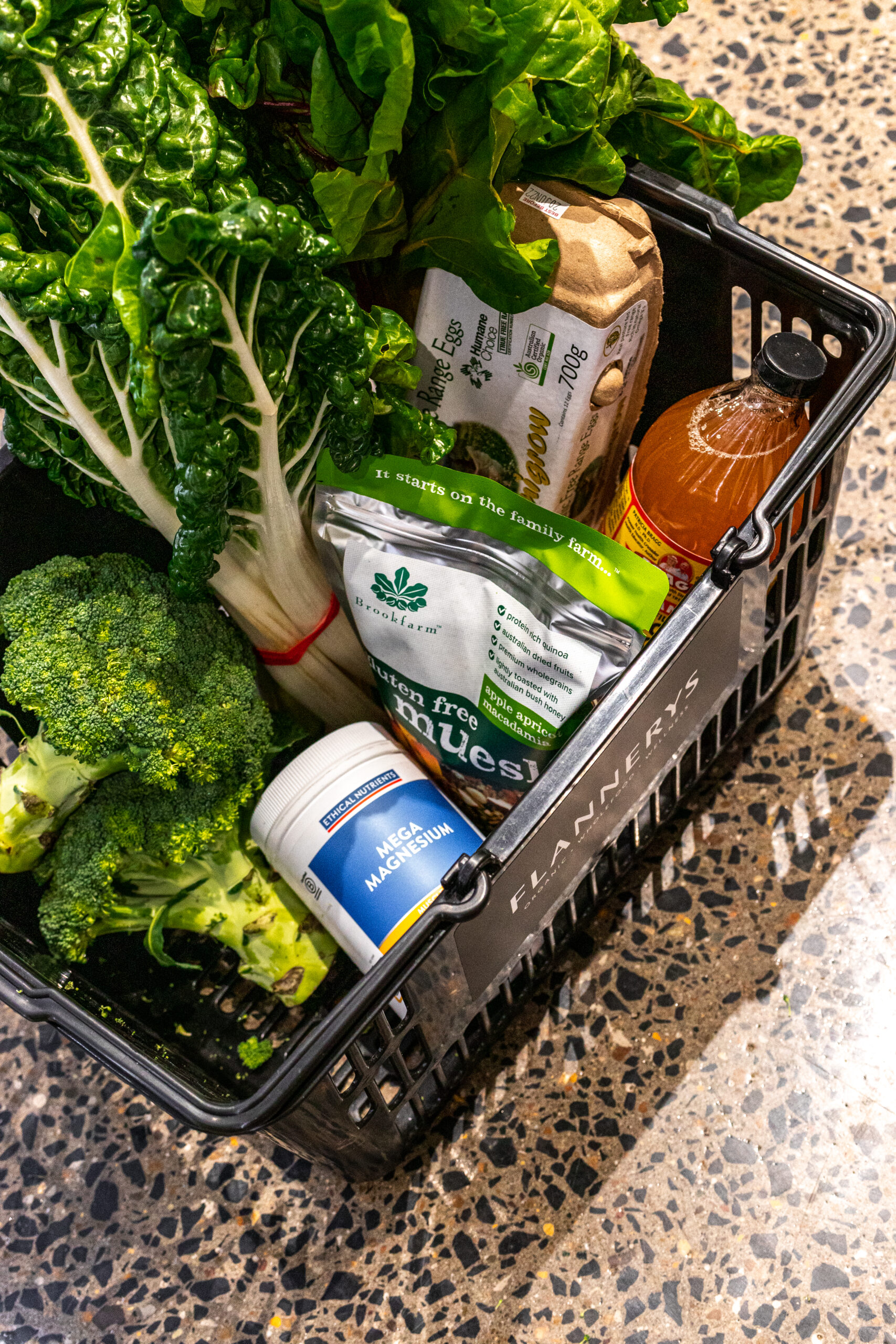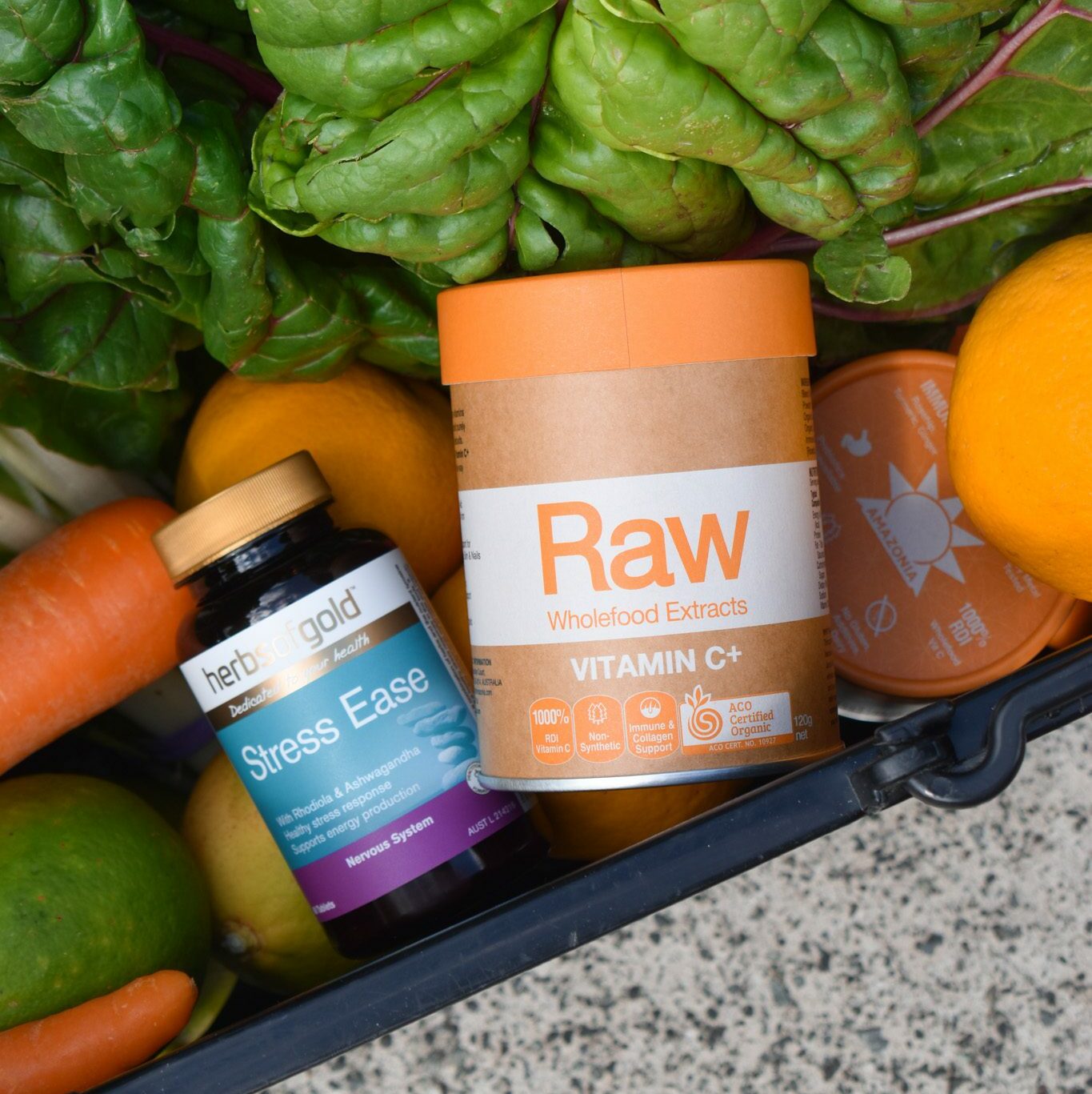
30.05.2023
Five tips for better sleep
Did you know that 48% of Australian adults aren’t getting the recommended 8 hours of sleep?
While you are asleep your body has important work to do. The body repairs and regenerates brain and nerve cells, produces hormones and proteins and it removes toxic waste.
Not getting enough sleep hours may put you at risk of developing chronic health conditions, a weakened immune system, digestive imbalances, anxiety, and stress.
Specific sleep struggles such as calming the mind, falling asleep, staying asleep may be assisted through natural sleep supportive supplements.
Natural Vs Pharmaceutical Sleep products
There are several pharmaceutical products that can be prescribed for insomnia or sleep related issues by your doctor. These are generally classed as sedative hypnotics that include barbiturates, benzodiazepines, and anti-anxiety medications. Although useful, they can have unwanted side effects such as inability to drive and work due to heavy sedative effects, they can give a hangover feeling in the morning and can become habitual and addictive.
Natural sleep aids can be beneficial because they have minimal unwanted side effects and gently support your body to calm, fall asleep and stay asleep naturally.
Herbal Support
There are several sedative and nerve-supportive herbs that may help you to fall asleep and maintain your sleep.
The most common are Lavender, Valerian, Passionflower, Skullcap and Zizyphus.
Lavender, Passionflower & Skullcap are calming herbs for the mind and may be most useful for people who struggle to sleep due to anxiety or racing thoughts.
A study of geriatric patients who discontinued use of benzodiazepines, found aromatherapy application of lavender oil to be as effective as pharmaceuticals to treat insomnia.
Valerian and Zizyphus have sedative and hypnotic effects to help you fall and stay asleep.
Clinical trials have demonstrated the efficacy of both Valerian Root and Zizyphus supplements for improving sleep quality and reducing the time it takes to fall asleep.
Melatonin
Your pineal gland secretes melatonin, stimulated as a reaction to darkness. It signals the brain that it’s time to sleep.
There is a Homeopathic Melatonin, that naturally stimulates your own body to help you sleep. It’s different to the synthetic pharmaceutical Melatonin that can be prescribed by your doctor.
Homeopathy is a system of alternative medicine that was developed by a German physician, Samuel Hahnemann, in the late 18th century. Principles of Homeopathy is: Like cures like (Law of Similars) and the more dilute the remedy, the greater its potency (Law of the Infinitesimal Dose).
Amino Acids
Our bodies need Serotonin to produce Melatonin to regulate sleep.
Tryptophan, an essential amino acid, creates the neurotransmitter Serotonin.
Eating foods rich in Tryptophan, such as turkey, chicken, meat, cheese, yogurt, eggs, and fish can help improve your sleep.
Magnesium
Magnesium can be used for assisting sleep, it helps to relax both the nervous system and your muscles.
Magnesium sleep supplements may have amino acids or herbs added to the product to assist sleep. Eating magnesium rich foods before bed can also help. Eat more almonds, dark chocolate, peanut butter, salmon, spinach, and walnuts.
Sleep hygiene
Good lifestyle choices and sleep routine practices are known to support positive sleep outcomes. This is known as Sleep Hygiene. Practicing regular good sleep lifestyle habits, will help your body to gain that much needed 8 hours of sleep.
Retinal melatonin is synthesised by photoreceptors. Blue light that emits from your phone screen and other devices is suppressive of melatonin production. Turn off your screens 1 hr before bed to reduce this effect on sleep.
5 Tips to Help You Sleep Better
- Stick to a routine. Commit to going to sleep at the same time and waking up at the same time, even on rostered days off.
- Avoid stimulants up to six hours before bedtime including coffee, tea and chocolate.
- Reduce light exposure. Turn off all screens at least an hour before bedtime. Use block out curtains in your bedroom.
- Eat your smallest meal before bed. Actively digesting a big meal at sleep time may cause reflux.
- Meditation: Breath work and meditation practices before bed, can assist your mind and body to relax and to the land of dreams.
Words and tips by Assunta Hamilton, Naturopath
Before taking any form of supplementation, speak with your healthcare professional and as always speak with our in-store qualified Naturopaths for complimentary advice.
*Flannerys Members SAVE 20% off Vitamins & Supplements on the first Friday & Saturday of each month. It’s free to join in-store.
Share this post with your friends




